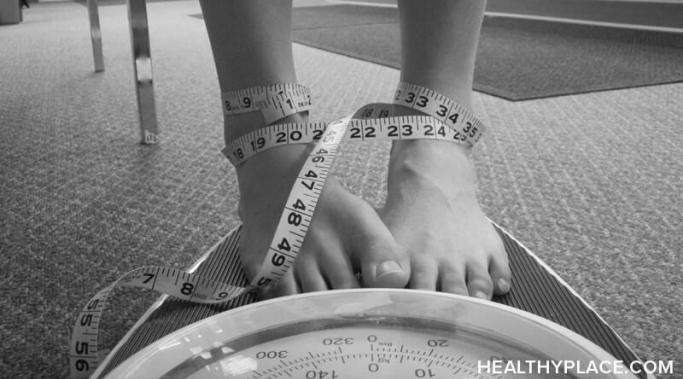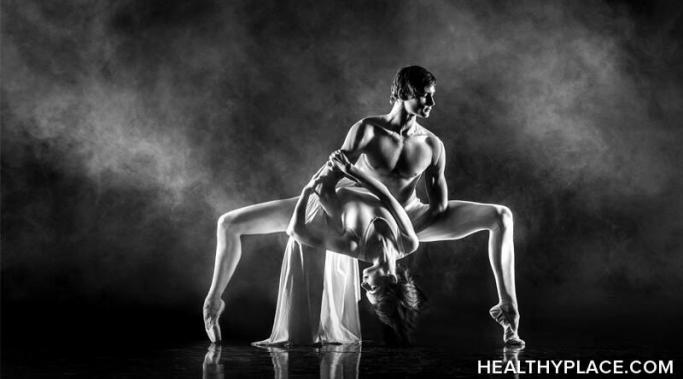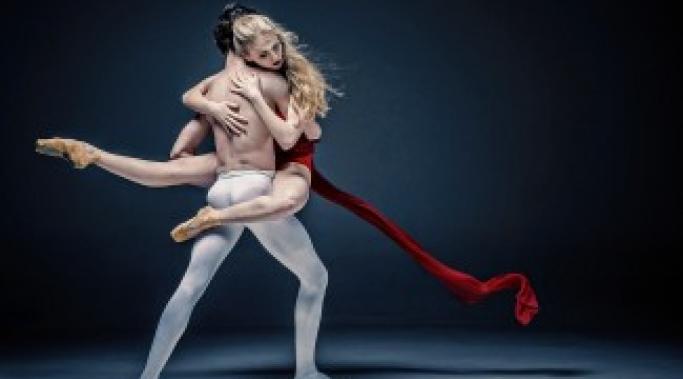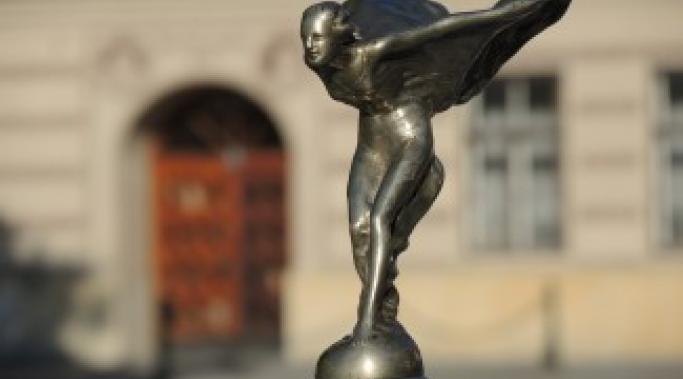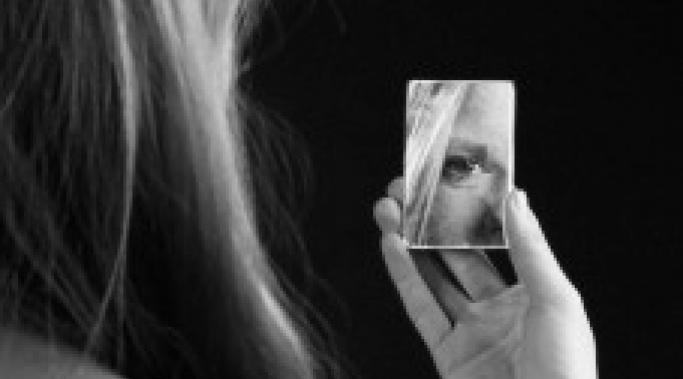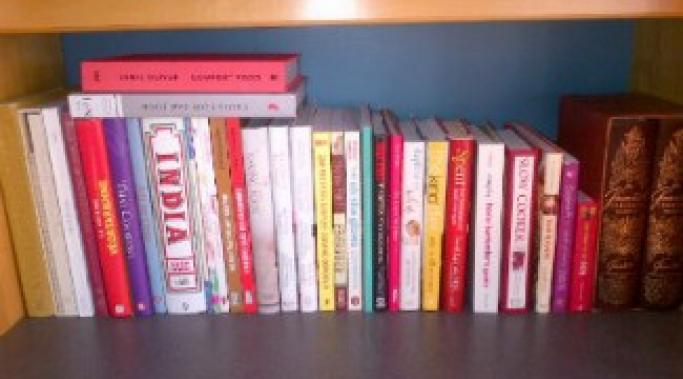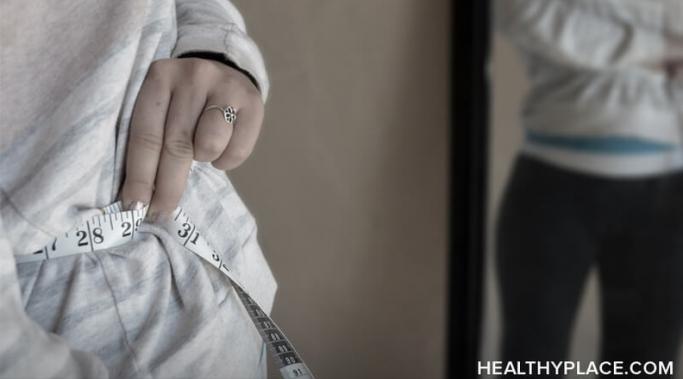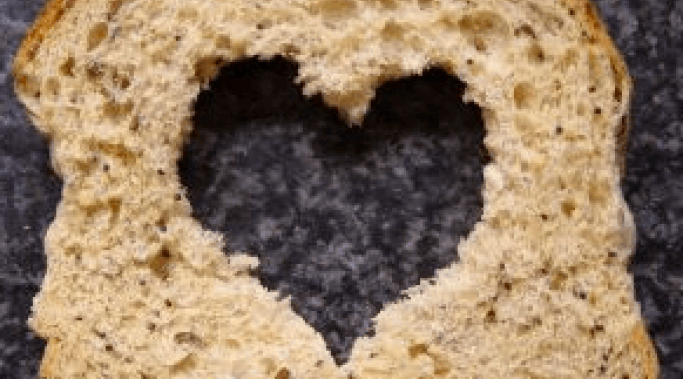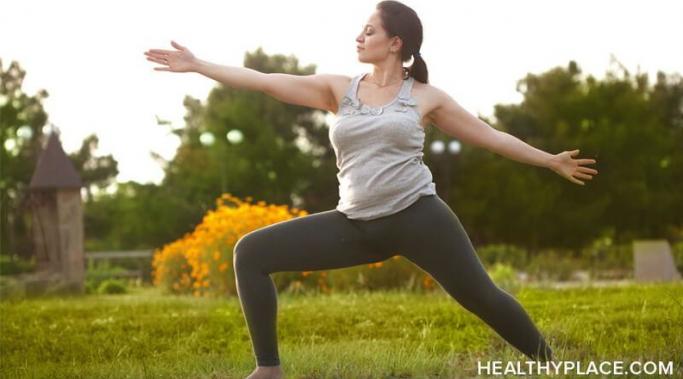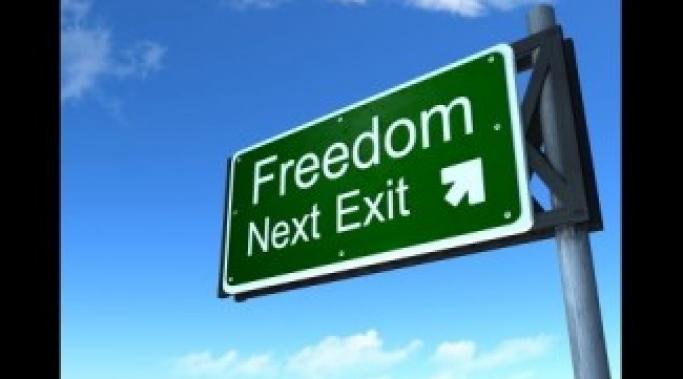My name is Mary-Elizabeth Schurrer (but for convenience sake, call me Mary-Beth). I’m honored to join HealthyPlace’s Surviving ED blog. I hope we can engage in honest, authentic and meaningful conversations about the triumphs and struggles of eating disorder recovery. But first, here’s some background on my own path to healing from anorexia nervosa.
Identity
Negative body image in eating disorder recovery is often the last thing you let go. It’s said that a negative body image is the first thing to come and the last to leave. Hating our bodies is a theme even though eating disorders aren’t really about what our bodies look like on the outside. Here’s the reason negative body image in our eating disorder recovery is the last thing we let go.
Eating disorders can affect the way we view sex and sexuality. They whittle down more than what our bodies look like. They destroy our sense of self, our relationships, and take a toll on our emotional, spiritual, and psychological wellbeing. When I began my recovery in the hospital, the group decided to have a conversation about sex. What I learned was fascinating and solidified that eating disorders affect our sex lives.
In life, and in your eating disorder recovery, you are the constant. Let’s be honest, when we have an eating disorder, recovery feels like the most daunting path we face. There are reasons the eating disorder started; therefore, recovery is a process of exploring little black holes, and learning the skill sets we missed. Recovery can feel as though it depends on so many external things. Will we get into a good recovery program? Will it be covered by health insurance? Will we find a therapist who helps us move forward? Recovery can feel as though it’s based on a slew of external decisions, and we’re simply a bystander. However, the reality is that we are the constant in eating disorder recovery We are the most important factor.
The person you meet in eating disorder recovery lies in the abyss of the rock bottom of addiction. It’s when you’ve tried on your own and failed. It’s when don’t have enough tools yet to fend off the destructive patterns. In the abyss of rock bottom, you may end up in a hospital or treatment center fighting for your life, even when you’re not sure you want to fight for it. But we have a seed of will to survive, a sliver of hope that there’s a better life, if we can just find it. The person you meet in eating disorder recovery is the person that will be with you for the rest of your life, because that person is you.
Most people who know me today know that I’m a food enthusiast -- I love food in eating disorder recovery. When those people become aware of my past and try to reconcile those two experiences, they tend to be confused. How can someone both be enthusiastic about food and also have suffered an eating disorder? From my perspective, this is actually quite a natural progression. Though I may have some anxiety around food, my eating disorder recovery taught me that confronting that anxiety head-on and embracing food as nourishment is part of recovery.
In my last post about being 24 and having an eating disorder, I looked back on my years in graduate school where I felt very lonely, even though I was often surrounded by many of my peers. Over time, and shortly after I started to get some help to manage my anxiety about food and body image, I had to understand why I had a tendency to engage in self-harm by binging and purging when I found myself in stressful situations.
I thought I'd share some simple ways which might help you gain some understanding of your eating disorder, though by no means do I claim that this might be the right way for you to go about your recovery process. This is simply me sharing my experience with you,and I do invite you to reach out to an eating disorder professional for support in your journey to recovery.
Raised in a mixed French and Irish household, the stove was the center of my childhood. I guess that made me predestined to be a foodie who now enjoys food, wine, cooking and baking. As I made my way through eating disorder recovery, I also found myself taking comfort in learning how to prepare most of the foods I grew up with, but used to deny myself for many years. Often, people who meet me now are a bit perplexed about how I can balance a passion for food, knowing that I struggled with an eating disorder for a number of years. I thought I’d share a little bit of how this "works."
Two years ago this fall, I took a yoga workshop which dealt with inverted positions, such as headstands. There was a point in the workshop when we were asked to do an exercise which addressed our fears. This was not at all related to eating disorders, and it wasn’t therapy, but it was a profound experience for me.
I thought I'd share it with you today because it opened up my eyes and helped me deal with deep emotions which were holding me back at the time.
Though I am very public about my past experiences with an eating disorder and my recovery maintenance, it still doesn’t mean everyone I interact with knows every aspect of my past. So, sometimes, when I’m out eating with a group of people, someone will start to mention about a diet or some form of dietary restriction (e.g. vegetarian, paleo, etc.) they follow.
Usually when that happens, I’ll listen with empathy if it is needed, but I will rarely engage with my own thoughts on diets and weight loss. Part of the reason for this, is that it is a different dynamic when you are in a group, rather than one-on-one, but also part of my recovery is not always making every social interaction about my food, diet, and body image.
